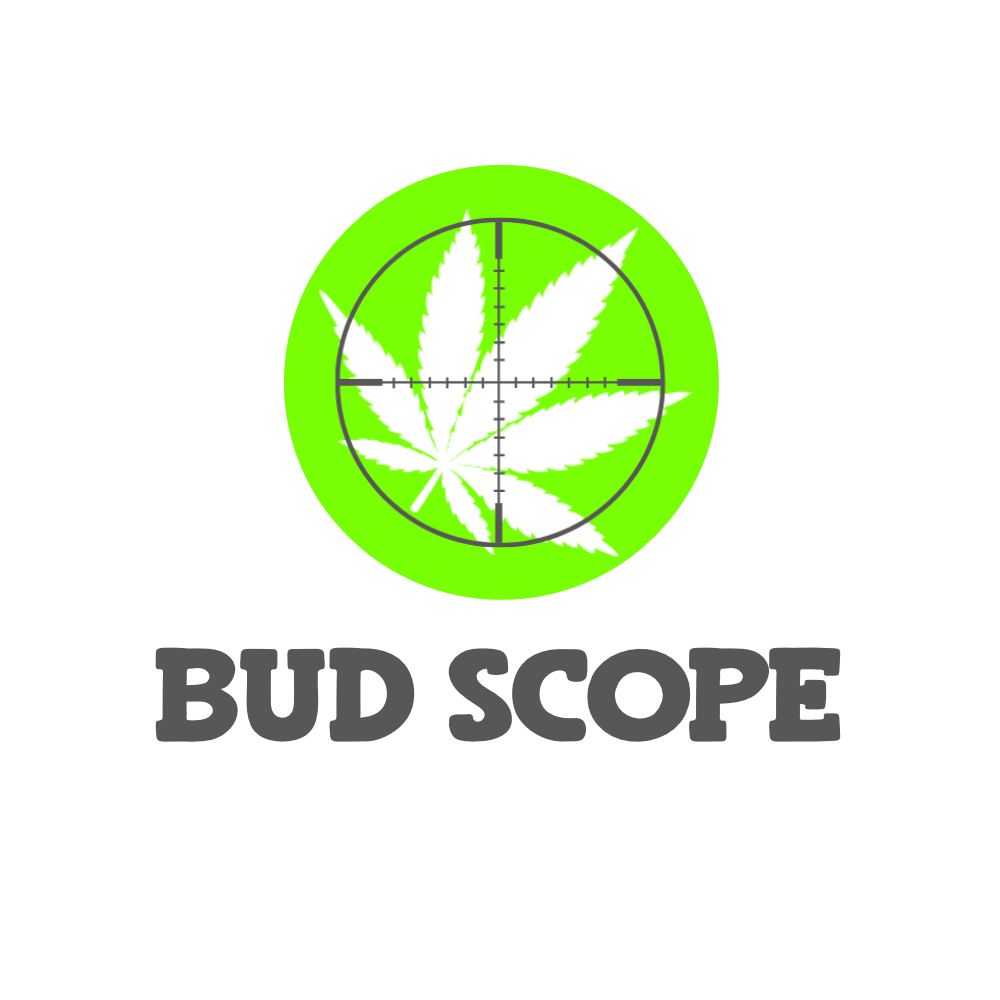Tags: Cannabis Compounds
Pharmacological Properties of Tetrahydrocannabutol (THCB):
- THCB has affinity for human CB1 (i = 15 nM) and CB2 receptors (i = 51 nM) similar to THC.
- In vivo formalin test demonstrated potential analgesic and anti-inflammatory properties of THCB.
- Tetrad test in mice indicated partial agonistic activity of THCB towards CB1 receptor.
- THCB is less commonly found in cannabis samples compared to THC or THCV.
- University of Rhode Island analysis showed that THC-Butyl had 81% protease inhibitor activity against COVID-19 compared to antiviral drug GC376.
Chemistry of Tetrahydrocannabutol (THCB):
- Like THC, Δ9-THCB has 7 double bond isomers and 30 stereoisomers.
- The Δ isomer is known as JWH-130, a synthetic cannabinoid.
- Cannabidibutol (CBDB) is a ring-opened analogue of Δ9-THCB.
- THC-Butyl can be synthesized from 4-Butylresorcinol.
- Chemical codes for Δ9-THCB are JWH-130 and CBDB.
Legal Status of Tetrahydrocannabutol (THCB):
- THCB is not internationally scheduled under the Convention on Psychotropic Substances.
- It may be controlled under analogue law in some jurisdictions as a homologue of THC.
Related Terms and Analogues of Tetrahydrocannabutol (THCB):
- Related terms include Cannabis, Cannabinoid, Hexahydrocannabutol, Parahexyl, and Perrottetinene.
- Additional terms are Tetrahydrocannabihexol and Tetrahydrocannabiphorol.
Research and Studies on Tetrahydrocannabutol (THCB):
- Studies by various authors have explored the properties and synthesis of THC-Butyl.
- Research articles have focused on the pharmacological activities and chemical structure of Δ9-THCB.
- Some studies have investigated the metabolism and potential medical applications of THCB.
- Other sources have discussed the legal status and analogues of THCB.
- A study identified inhibitors of SARS-CoV-2 main protease from a library of minor cannabinoids, including THCB.
Tetrahydrocannabutol Data Sources
| Reference | URL |
|---|---|
| Glossary | https:/glossary/tetrahydrocannabutol |
| Wikipedia | https://en.wikipedia.org/wiki/Tetrahydrocannabutol |
| Wikidata | https://www.wikidata.org/wiki/Q7706539 |
| Knowledge Graph | https://www.google.com/search?kgmid=/m/03gzk1d |
| DBPedia | http://dbpedia.org/resource/Tetrahydrocannabutol |
| Product Ontology | http://www.productontology.org/id/Tetrahydrocannabutol |
